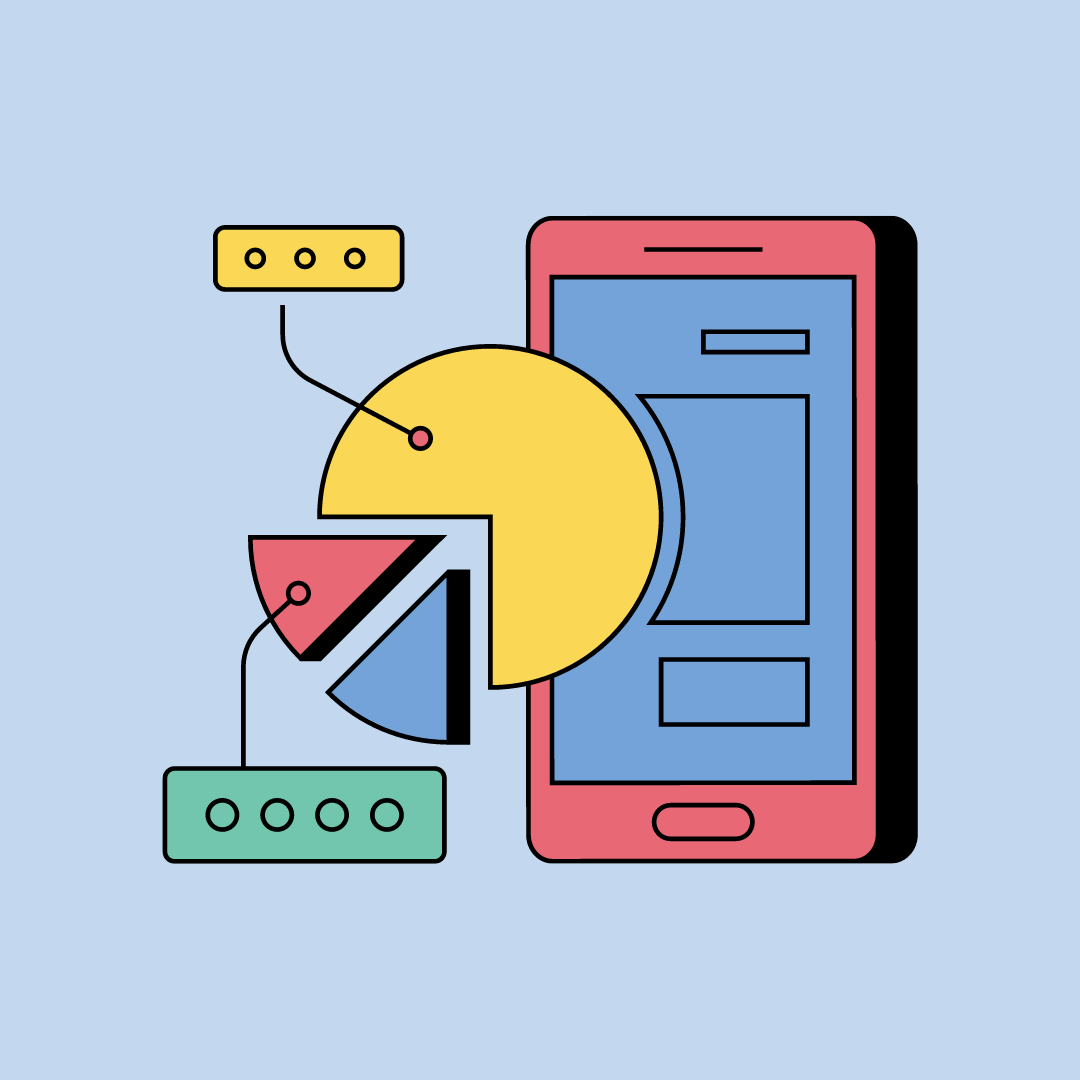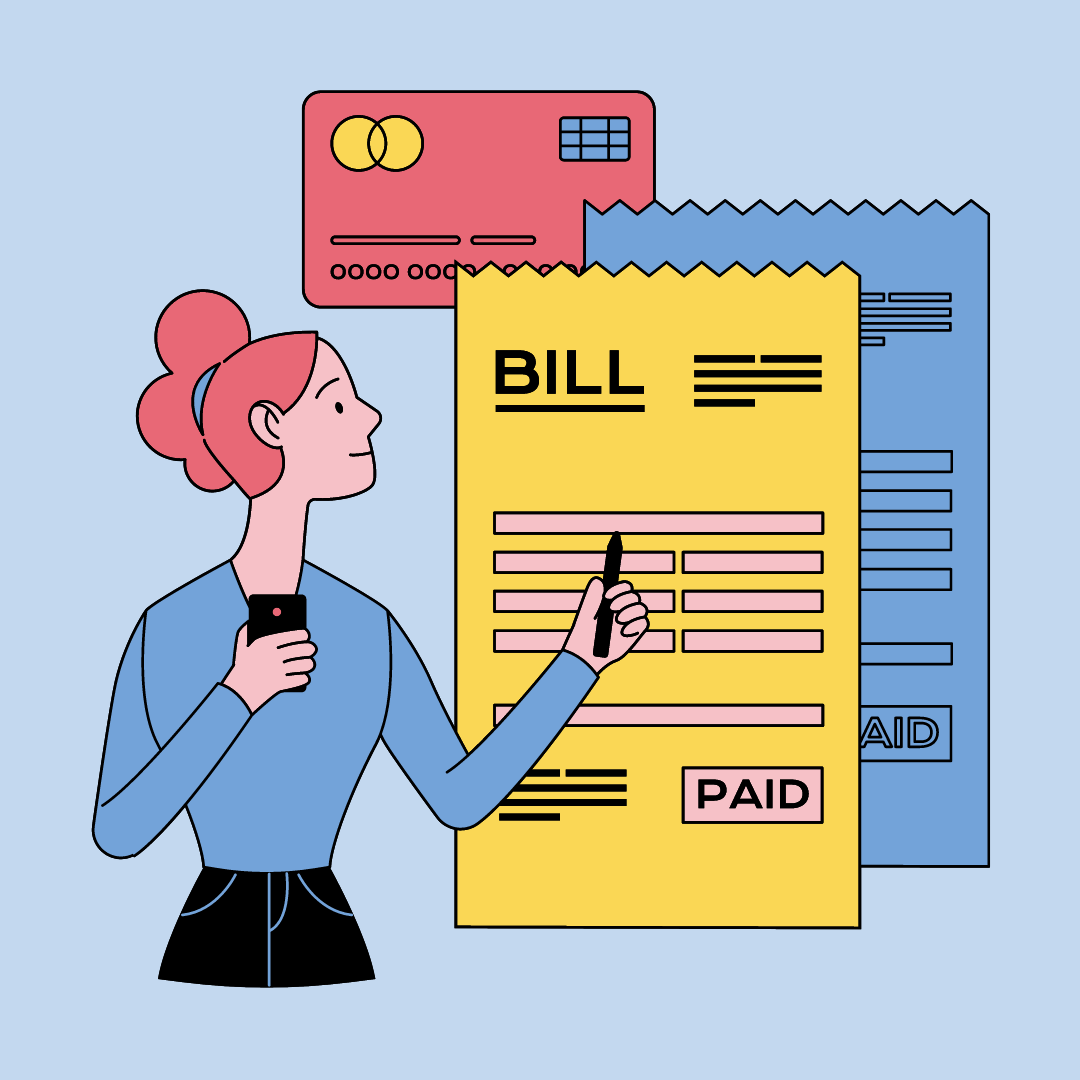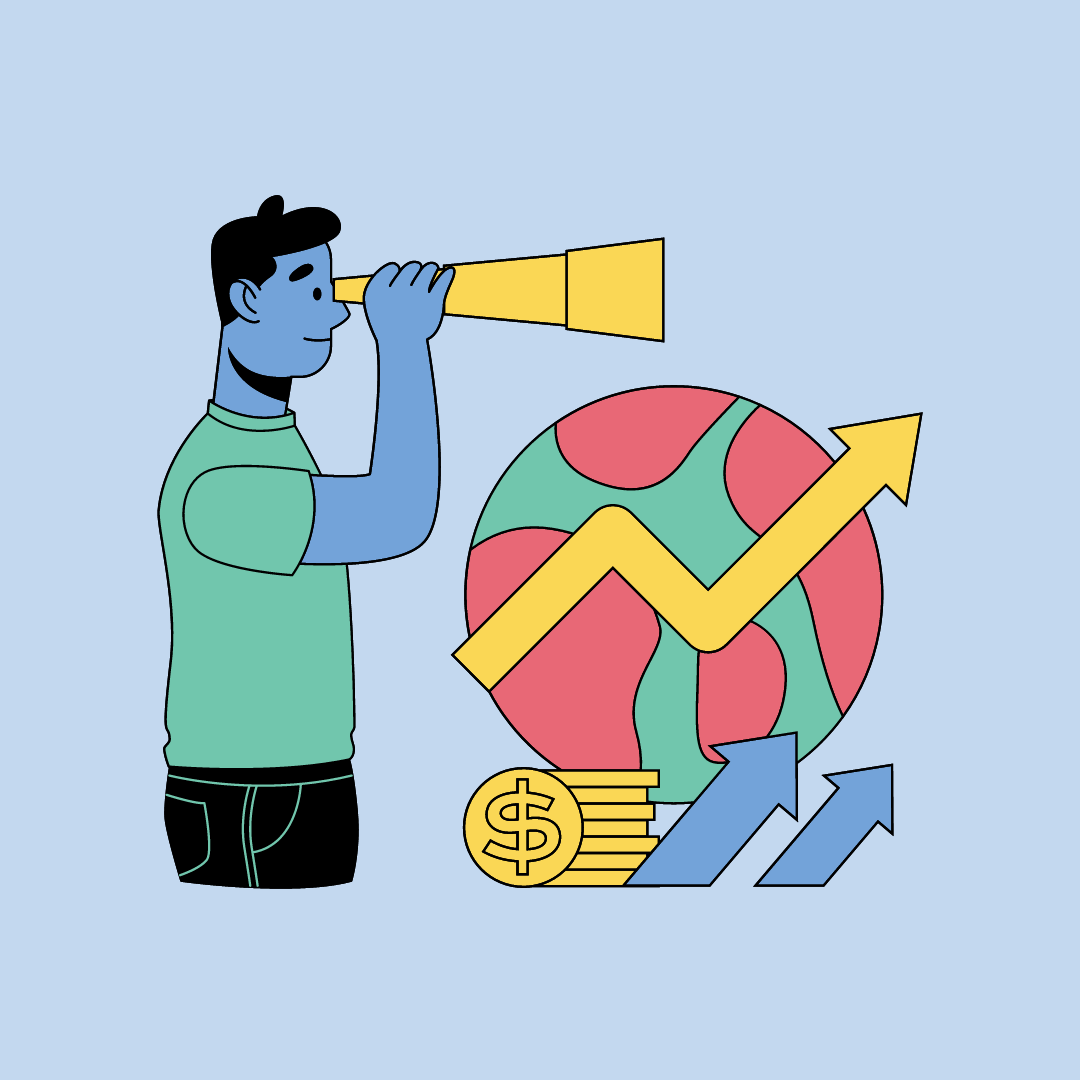
How does a Bank Account Overdraft occur?
Overdrafts happen for a variety of reasons. Sometimes, it's an accidental oversight, perhaps you forgot an automatic payment or miscalculated your available balance. Common reasons include unexpected expenses, delayed direct deposits or simply losing control of your spending. Understanding these causes can help you avoid overdrafts and maintain a positive balance in your account.
What are the Consequences of Overdrafts and Overdraft Fees?
Overdrafts can be more than just a nuisance, they often come with substantial overdraft fees. Financial institutions generally charge an overdraft fee for each transaction that overdraws your account. Some banks charge overdraft fees only if a customer overdraws by a certain amount or provide grace periods where no fees are charged if the customer replenishes his or her account quickly after an overdraft. These fees can add up quickly if you are not careful.
In addition, overdrafts can disrupt your financial health. They can lead to a negative balance, making it difficult to cover transactions for essential needs and future purchases. If you overdraw frequently, it could even affect your credit score, which could affect your ability to obtain loans or other financial products in the future. Frequent overdrafts can also result in multiple overdraft fees, further aggravating your finances.
Tips to Avoid Overdrafts
Avoiding overdrafts is all about being proactive. Here are some practical tips:
- Control your expenses:
Keep a close eye on your account balance and transactions. Use online banking or mobile deposit apps to monitor your spending in real time.
- Configures Low Balance Alerts:
Most banks offer low balance alerts that notify you when your available funds are low. Setting up these alerts can give you a warning before an overdraft occurs.
- Maintain a Mattress:
Try to maintain a cushion of extra funds in your checking account. Even a small cushion can prevent overdrafts caused by unexpected expenses.
- Links to Savings:
Consider linking your checking account to a savings account. This way, if your checking account runs out of funds, funds can be automatically transferred from your savings account to cover the shortfall.
- Monitor Pending Transactions:
Be aware of any pending transactions that are not yet reflected in your account balance. This includes debit card transactions and automated payments. Making sure you have enough money in your account to cover outstanding transactions can help avoid overdrafts.
- Configure Direct Deposit:
Setting up direct deposit can help you maintain a minimum balance in your account, potentially avoiding monthly maintenance fees and other charges. Direct deposit can also be an option to waive certain fees offered by banks.
Learn how to manage your checking account

Managing an Overdraft if it Happens
Sometimes, despite your best efforts, an overshoot can occur. Here's what to do if it happens to you:
- Act quickly:
As soon as you realize you have overdrawn, deposit or transfer money to your account to cover the negative balance. Having enough money in your account to cover transactions is crucial to avoid further overdrafts. This can minimize fees and prevent more transactions from causing more overdrafts.
- Contact your Bank:
Contact your financial institution's customer service. They may waive the overdraft fee if it is your first time or if you have a good banking history.
- Review your Expenses:
See what caused the overdraft and adjust your budget to avoid repeating the mistake. Consider setting up stricter monitoring or additional alerts to stay on top of your account balances.
- Pay Overdrafts Promptly:
Make sure that any overdraft and associated fees are paid as soon as possible to avoid additional fees or returned transactions.
Scams that Can Result in Overdrafts
In addition to the usual causes of overdrafts, such as accidental spending or unexpected expenses, there are numerous scams that can lead to overdraft situations. These scams often involve fraudulent checks and deceptive tactics that drain your account, resulting in negative balances and multiple overdraft fees. Here are some common scams you should be aware of to protect your financial health.
- Online Shopping Scams:
In online shopping scams, scammers pose as legitimate buyers or sellers in online marketplaces. A scammer may send a check as payment for an item you are selling, which then bounces after you have shipped the item. Alternatively, you could receive a check for a purchase you made, only to discover that it is fake, leading to an overdraft when the funds are withdrawn from your account.
- Phishing Scams:
Phishing scams involve fraudsters sending emails, texts or phone calls posing as a bank or other reputable entity. They trick you into providing your account information, which they then use to withdraw funds or write fraudulent checks. This can lead to overdrafts if your account is drained without your knowledge.
- Charity Scams:
Scammers often exploit goodwill by posing as charities, especially during times of crisis. They send checks as a "refund" for a previous donation or as an overpayment, asking you to return some of the money. The check bounces and you end up with an overdraft and lost funds.
- Advance Fee Scams:
In advance fee scams, scammers promise large sums of money, such as lottery winnings or inheritances, in exchange for a smaller upfront fee. They send a check to cover the fee, which you deposit and then return the "fee." The check bounces, causing an overdraft and a loss of the amount sent.
- Fraudulent Refund Scams:
The scammers contact you claiming to be from a company you recently did business with, claiming there was an overpayment or billing error. They send a check and ask for a partial refund. When the check bounces, you're left with an overdraft and out-of-pocket expenses.
- Romance Scams:
In romance scams, scammers build a fake relationship with their victims, often over the Internet. Eventually, they ask for money, sometimes sending a check first to "prove" they are legitimate. When the check bounces, the victim is left with an overdraft and the emotional and financial consequences of the scam.
- Contractor Scams:
Fake contractors offer services such as repairs or home improvements. They ask for payment up front, often sending a check as partial payment. Once the check bounces, you're left with an overdraft and no work completed.
- Job Offer Scams:
Scammers offer fake jobs and send a check for equipment or start-up expenses, asking you to pay back a portion. When the check bounces, you're left with an overdraft and no job.
- Travel Scams:
In travel scams, scammers offer discounted travel or vacation packages. They send a check for supposed travel expenses, asking you to send part of it back or elsewhere. The check bounces, leading to an overdraft and no vacation.
Using Overdraft Protection Services
Overdraft protection generally involves linking your checking account to another account, such as a linked savings account or line of credit. If you overdraw your checking account, funds are automatically transferred from the linked account to cover the transaction.
The main advantage is to avoid the high fees associated with overdrafts. However, there may be a transfer fee for overdraft protection itself, and it can encourage spending beyond your means if not used responsibly. Not all overdraft protection plans are the same. Carefully review the terms and conditions, and choose one that fits your financial habits and needs. It's important to understand the overdraft coverage options provided by your financial institution. Look for services that offer coverage for debit card purchases, ATM transactions and other fees associated with insufficient funds. Financial institutions play a crucial role in offering these services.
How Comun Can Help You Manage and Avoid Overdrafts
Using the right tools can make managing your finances much easier and help you avoid the stress of overdrafts. Comun.app is designed to assist you in staying on top of your finances with features that can help you prevent overdrafts.
- Real-Time Balance Monitoring: Comun.app provides real-time updates on your account balances, ensuring you always know how much money you have available.
- Low Balance Alerts: Set up low balance alerts to receive notifications when your funds are low, helping you avoid overdrafts before they occur.
- Automatic Transfers: Link your checking account to your savings account within Comun.app to enable automatic transfers. This way, if your checking account balance gets too low, funds can be transferred from your savings to cover transactions.
- Spending Insights: Comun.app offers insights into your spending habits, helping you identify areas where you may be overspending and need to reduce to maintain a positive balance.
By integrating Comun.app into your financial routine, you can take proactive steps to manage your money effectively, avoid overdraft fees and keep your account in good standing.
Conclusion
Bank account overdrafts can be a significant financial burden, but with the right knowledge and tools, you can effectively manage and avoid them. Understanding what overdrafts are and their potential consequences is the first step toward proactive financial management. Even if an overdraft occurs, acting quickly, communicating with your bank and reviewing your spending habits can help you minimize the impact and prevent future problems. In addition, being aware of various scams that can lead to overdrafts, such as online shopping scams, phishing scams and advance fee scams, can protect you from falling victim to these fraudulent schemes.
Using tools like Comun can further simplify your financial management. With features like real-time balance monitoring, low balance alerts, automatic transfers and spending insights, Comun.app helps you stay on top of your finances and avoid the stress of overdrafts. By integrating these strategies and resources into your financial routine, you can maintain a healthy account balance, avoid unnecessary fees and ensure your financial well-being.











.svg)